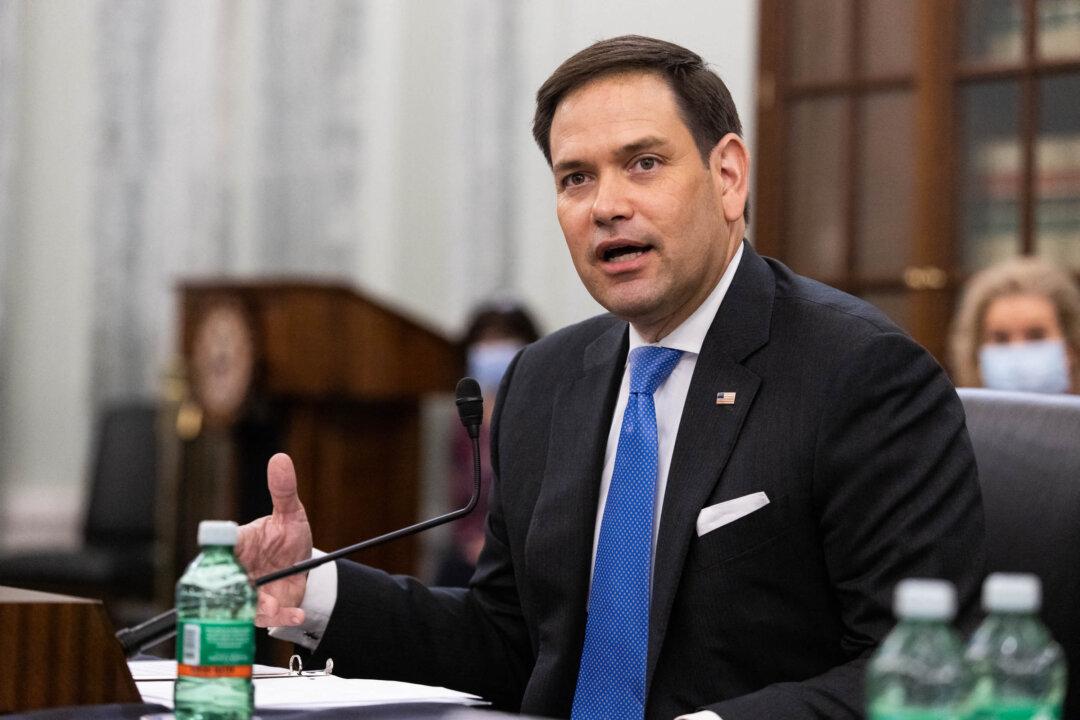Chinese companies should no longer be allowed to list on U.S. exchanges and take advantage of American investors in light of the recent debacle involving ride-hailing giant Didi Chuxing following its debut on the New York Stock Exchange (NYSE), according to Sen. Marco Rubio (R-Fla.).
Didi’s woes began on July 2, just two days after its initial public offering (IPO) on the NYSE when Chinese regulators ordered it to stop accepting new users pending a cybersecurity review. Authorities have since ordered the removal of the app from all mobile stores in the country, citing data collection-related national security concerns. This was then expanded to over 25 additional apps operated by the firm.





